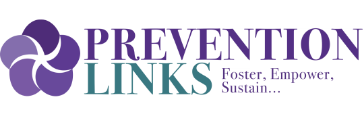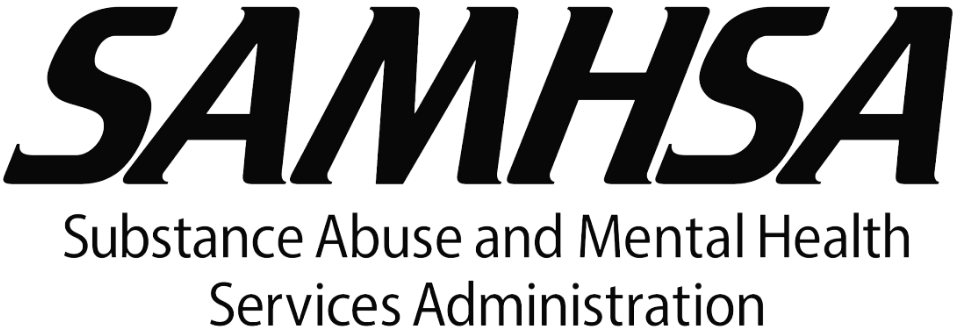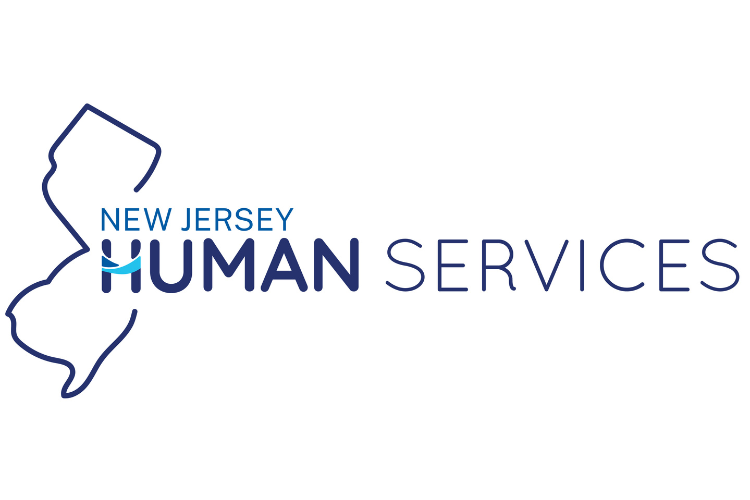When someone is struggling with a substance use disorder, treatment services are often thought of as the immediate, go-to solution. While inpatient and outpatient treatment services are critical components of the recovery journey for those battling substance use disorders (SUDs), they are not the sole resources available.
The United States Substance Abuse and Mental Health Services Administration (SAMHSA) defines recovery as,
“a process of change through which individuals improve their health and wellness, live self-directed lives, and strive to reach their full potential.”
Recognizing that SUDs are chronic conditions, the need for ongoing support is essential. This can span from intensive treatment options, to harm reduction and medication-assisted treatment (MAT or MAR), to various other recovery pathways.
Recognizing that SUDs are chronic conditions, the need for ongoing support is essential. Services can span for months, or sometimes years, which can include intensive inpatient or outpatient treatment services; harm reduction options; medication assisted treatment or recovery (known as MAT or MAR); and many other pathways of recovery.
Recovery Support Services are non-clinical supports facilitated by peers—those who have personal experience in recovery. These services play a crucial role in helping individuals initiate and maintain recovery. At NJ-CARS, we advocate for affordable, culturally-informed, community-based services that support individuals and their families throughout the entire recovery process, ensuring accessibility no matter where they reside in New Jersey.
Recovery is “a process of change through which individuals improve their health and wellness, live self-directed lives, and strive to reach their full potential.”
The United States Substance Abuse and Mental Health Services Administration (SAMHSA)
FAQs
Who are Peer Workers?
As defined by SAMHSA, peer support workers are people who have been successful in the recovery process who help others experiencing similar situations. Through shared understanding, respect, and mutual empowerment, peer support workers help people become and stay engaged in the recovery process and reduce the likelihood of relapse. Peer support services can effectively extend the reach of treatment beyond the clinical setting into the everyday environment of those seeking a successful, sustained recovery process. NJ-CARS aims to educate the peer workforce.
What is Peer Recovery Support?
As defined by NJ DMHAS, peer recovery support services provide social support to individuals at all stages on the continuum of change that constitutes the recovery process. Services may be provided at different stages of recovery and may:
- Precede formal treatment, strengthening a peer’s motivation for change;
- Accompany treatment, providing a community connection during treatment;
- Follow treatment, supporting relapse prevention; and
- Be delivered apart from treatment to someone who cannot enter the formal treatment system or chooses not to do so.
Peer recovery support services expand the capacity of formal treatment systems, e.g. medication assisted therapy, residential, therapeutic community and outpatient by promoting the initiation of recovery, reducing relapse, and intervening early when relapse occurs. Peer leaders also provide social support to the recovering person’s family members. NJ-CARS aims to strengthen peer recovery support services.
How do I become a Peer Recovery Specialist?
A Certified Peer Recovery Specialist (CPRS) is a professional who has personal experience with substance use disorder or co-occurring disorder and has undergone specialized training to provide peer support to others in recovery. CPRSs use their own lived experience to offer empathy, guidance, and encouragement to individuals who are navigating the challenges of addiction and recovery. They often work within treatment facilities, community organizations, recovery community centers, or healthcare settings to provide non-clinical support services, assist individuals in accessing resources, and serve as advocates for individuals in recovery. CPRSs play a valuable role in the recovery process by offering understanding and hope to those seeking to overcome substance use disorders.
To learn more about the process please click here.
What is a Recovery Community Organization (RCO)?
As defined by the Peer Recovery Center of Excellence, a Recovery Community Organization (RCO) is a nonprofit organization founded and led by people with direct lived experience with substance use challenges and recovery. RCOs promote public education, peer-based and other recovery support services, and advocate for fair and equitable laws and policies for people in recovery. RCOs also provide peer recovery support training for certification and serve as key employers of peer recovery support professionals. A majority of NJ-CARS’ organizational members are RCOs. Learn More
What is a Recovery Oriented System of Care (ROSC)?
As defined by the Peer Recovery Center of Excellence, a recovery-oriented system of care is a range of personalized supports used to treat substance use disorders that work together to foster healthy growth and a meaningful life. For recovery to take root, all aspects of a person’s life must be addressed. A ROSC encompasses the entire network of services and supports that help an individual improve health & sustain wellness. NJ-CARS helps create and sustain a thriving ROSC. Learn Morehttps://peerrecoverynow.org/product/what-is-a-recovery-oriented-system-of-care-rosc/
What is Recovery Capital?
Recovery capital refers to the total internal and external resources a person can access to initiate and maintain recovery. It is often broken down into 4 types:
- Physical: Tangible resources like food, clothing, housing, health care, and transportation.
- Human: Personal health, education, and skills, as well as characteristics such as hope, resilience, and self-confidence.
- Social: Family and personal relationships, as well as support from the community.
- Cultural: Values, beliefs, and attitudes specific to one’s identity and community.
- By understanding recovery capital, individuals experiencing recovery and those supporting them can assess where they stand and make adjustments when necessary. Stronger recovery support services lead to stronger recovery capital. Learn More




